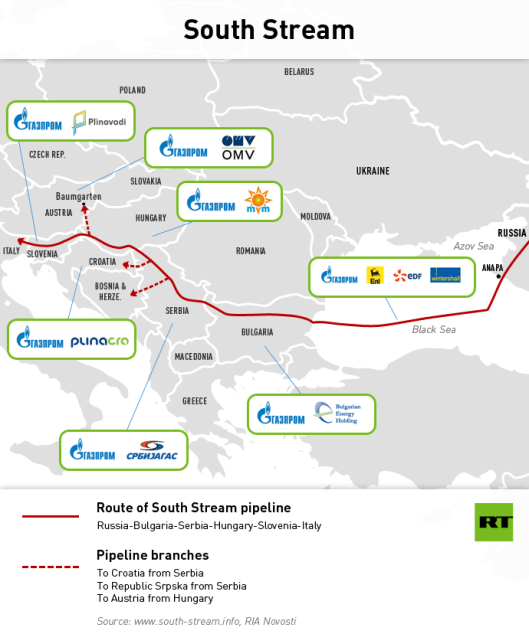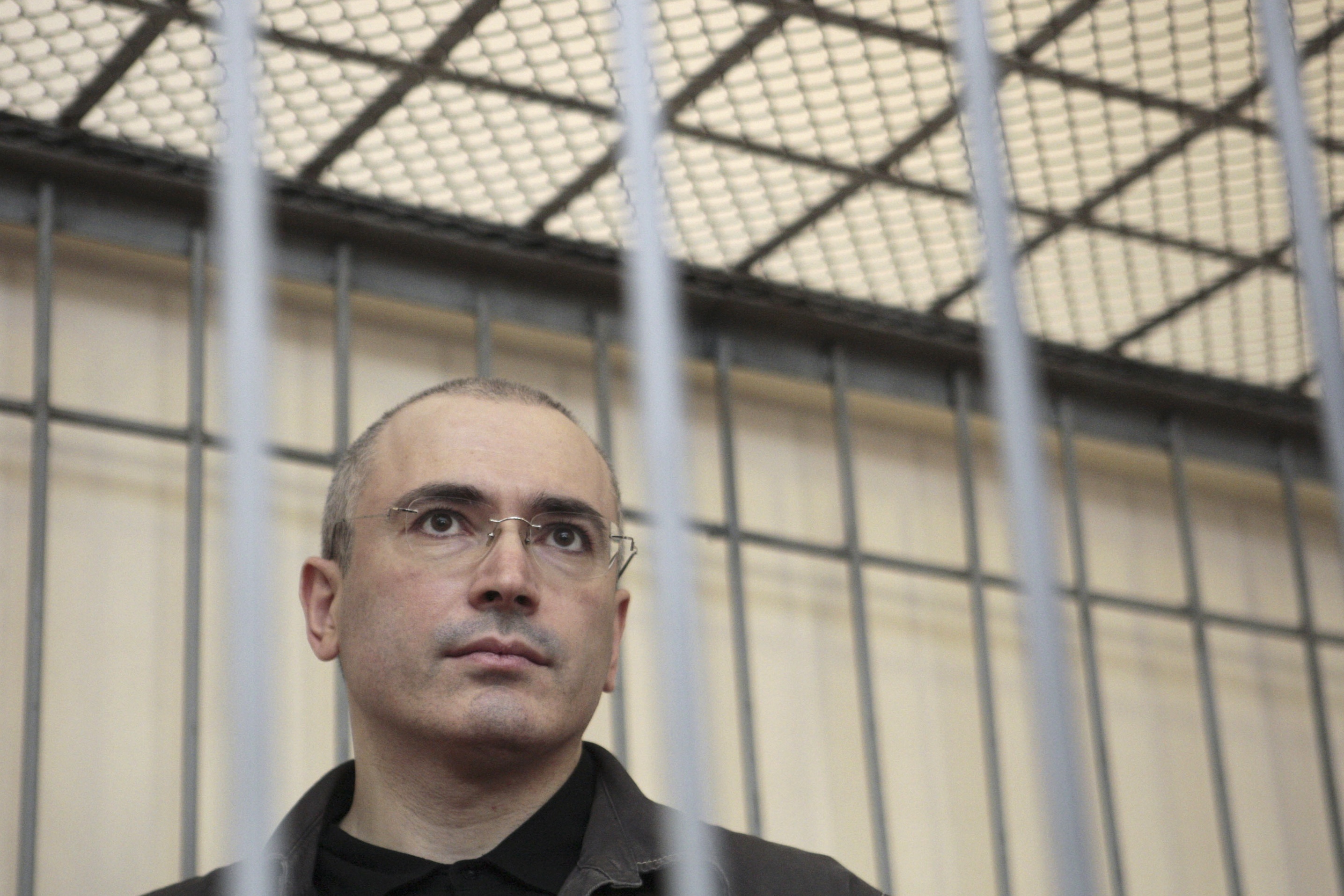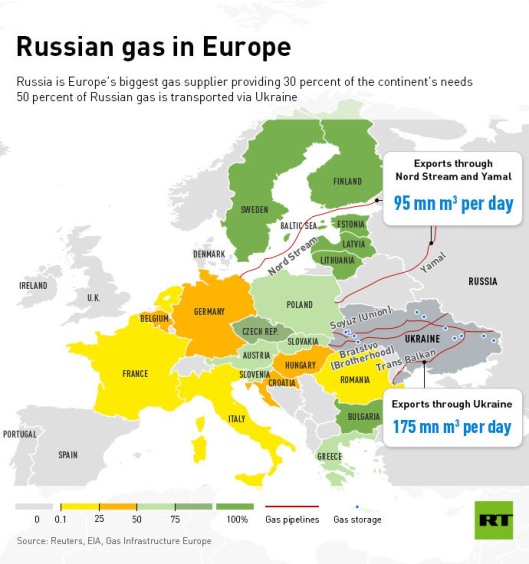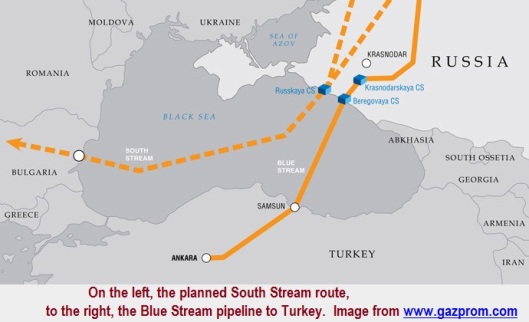January 31, 2023
By Batiushka
Foreword: Stop Living in the Past
Since the historic Special Military Operation to liberate the peoples of the Ukraine from their US puppet tyrants in Kiev began on 24 February 2022, the post-1945 settlement has been over. In fact, it should have been over with the fall of the Berlin Wall in 1989 or, at latest, at the dissolution of the USSR in 1991. However, the USA was blinded by its exceptionalist hubris as ‘the only Superpower’ and engaged in its latest fantasy of destroying Islam, which it mistakenly saw as a serious rival, arrogantly dismissing Russia, China and India as minor players. So, as a sectarian rogue-state, the USA began its war of terror on all who thought differently, which it so humiliatingly lost. This can be seen in the dramatic pictures of the last flights out of Kabul in 2021.
In other words, after the end of the Soviet Union, which had been born directly out of World War One and formally founded in 1922, the end of the American Union (= NATO) should have followed, and with it the end of the worldwide American Empire. Thus, today NATO is an anachronism, well past its best before date, which is why has begun meddling all over the world, from the foothills of the Himalaya to the Pacific Ocean. NATO is just like the alphabet soup of other US organisations and fronts, IMF, EU, WTO, OECD, G7, G20 and UN, with its mere five Security Council members, including minor Great Britain and France. What might await us as a result of the liberation of the Ukraine on the centenary of the 1945 settlement, in 2045?
1. After the Ukraine
First of all, probably within the next fifteen months, we shall see the full liberation of the Ukraine. With the eastern Novorossija half of the Ukraine returning to Russia, the remaining half, Central and Western Ukraine, perhaps minus Zakarpattia (returning to Hungary as an autonomous region under the Balogh brothers) and Chernivtsy (returning to Romania), will return to being Malorossija, its capital in Kiev. Thus, the way will at last be open to form the Confederation of Rus’. The at last freed East Slav lands and peoples, Eurasian Russia and the Eastern European Belarus and Malorossija, could together form such a Confederation of Rus’, with a total population of just under 200 million.
2. The Reconfiguration of Eurasia
After the Ukrainian question has been solved and the USA has lost its political, military and, above all, economic power to bully the rest of the world, all of us in Eurasia will be able to start living in our new-found Freedom and building Justice and Prosperity for all. We foresee first of all the expansion of the Eurasian Economic Union (EEU).
a. The Eurasian Economic Union (EEU)
At present consisting of the Russian Federation, Armenia, Belarus, Kazakhstan and Kyrgyzstan, the EEU will surely be joined by a host of other countries, including firstly China, by now reunited with Taiwan, and Mongolia, then India, Sri Lanka, Pakistan, Tajikistan, Turkmenistan, Uzbekistan, Iran, Azerbaijan, Georgia, Syria, Turkey, Saudi Arabia, Vietnam and Cambodia. They will be followed by the rest of Asia (60% of world population). Thus, the EEU will largely replace the present SCO (Shanghai Co-operation Organisation). However, true to its Eurasian name, the Economic Union will also receive and grant applications from a new organisation in North-Western Eurasia. This could be called the European Economic Alliance (EEA). This could be formed through the economic co-operation of all forty-four countries in the extreme western tip of Eurasia, to be known simply as ‘Europe’. This will include what was once known as Western, Central, Northern and Southern Europe, representing nearly 7% of world population.
b. The European Economic Alliance (EEA)
This Confederation could be formed as EU coercion collapses, with Brussels disarmed as the American Union of NATO dissolves. This will follow the long-overdue withdrawal of US occupying forces from Europe and the closure of their bases. All there will find freedom again. The founding member of the EEA would perhaps be Hungary and its Capital could be fixed in Budapest in honour of Hungarian courage and its geographical closeness to the resource-rich Confederation of Rus’, the gateway to Eurasia, on which the EEA will be so dependent. The Budapest Parliament building would make a fine administrative headquarters for the EEA. Other countries would follow Hungary like dominos, possibly in the following ten phases, after rebellions in each European country, one after another overthrowing their corrupt US-installed puppet-elites. This would resemble the rebellions that took place with a domino effect in the then Soviet Eastern bloc between 1989 and 1991.
i. The Western Balkan Four
After the European Economic Alliance has been founded by Hungary, it would next be joined by Serbia. No longer held under the heel of the US bully, the ancestrally Serbian province of Kosovo would return to Serbia. However, this would only be possible if its Albanian inhabitants, like those also in Montenegro and North Macedonia, first moved to Albania. For this to happen they would have to be attracted by a huge package of investment and development to pull Albania out of grinding poverty and chronic corruption and into prosperity, to make int into a magnet for Albanians. We suggest that China could invest in the massive rebuilding, and building, of infrastructure in Albania, as China already has a history of links with Albania. With such a just solution, all Albanians could at last live decently and work in decent jobs in their own country and not be forced to live like cuckoos in the countries of others. On this Albania could join the EEA. At this point Montenegro, (North) Macedonia and Bosnia-Herzegovina could also join the EEA. These countries would perhaps form together with Serbia a Trade and Cultural Federation, perhaps to be called Yuzhnoslavia, though each would absolutely retain its political independence. Investment in Yuzhnoslavia could come from the Confederation of Rus’.
ii. The Eastern Balkan Three
After their example, Moldova, Romania and Bulgaria would almost immediately join the EEA, attracted by links with Eurasia and the resources and linked culture of the Confederation of Rus’.
iii. The Greek World
They would naturally be followed by Greece and Cyprus, in the latter of which Russian investment is already huge. These three phases, i, ii and iii, of linking up with the Confederation of Rus, but remaining as sovereign nations within the EEA, would complete the reconstitution and restoration of the Orthosphere. This is the Orthodox Christian Commonwealth, whose natural centre has for 500 years been Russia.
iv. The Former Habsburgs
Next would come Croatia, Slovenia, Slovakia, the Czech Lands and Austria.
v. Italia
They would naturally be followed by Italy, San Marino and Malta.
vi. Germania
The real turning-point would come if these countries were followed by the central domino of Germany. Germany, fixed between Western and Eastern Europe, knows that it cannot live without Russia and countries and markets to its east. It would immediately be followed by Germany-dependent Luxembourg, the Netherlands and Belgium.
vii. Nordia
Closely linked to Germany, Sweden, Denmark, Norway, Iceland and finally Finland would follow almost at once.
viii. Gallia
After Germany, France, which is so dependent on Germany, with Monaco and then Switzerland and Liechtenstein, would also be obliged to join the EEA in fairly quick succession.
ix. Iberia
Spain, with newly-independent Catalonia, and then Andorra and Portugal would swiftly follow France.
x. The Isolationists, East and West
Now we come to the end of this game of dominoes. The last mohicans, the once irreductibly isolationist Russophobes, the Johnson fantasy, would realise that they could no longer remain alone. The people would revolt against their elite-imposed poverty and depopulation and the absurd propaganda down the generations. First, Estonia, under pressure from Finland, and then in a chain, Latvia, Lithuania and Poland could join the EEA. However, the first three would have to throw off their US puppet-elites and at once grant human rights to their Russian minorities.
Then, under economic pressure from Germany, the Netherlands and Scandinavia, the British Isles and Ireland, would at last follow. Thus, now separated into their four natural components, there would appear an independent England, freed after a millennium of the delusional yoke of the invented ‘Great Britain’ (an invention on a similar scale of delusion to the old ‘Ukraine’) and of the British Establishment. Immediately would follow newly-independent Scotland and Wales and a united Ireland. After the collapse of the oppressive British Establishment elite and their London-run institutions, the people and the pragmatists would proclaim that there is no alternative to co-operating with Eurasia through joining the EEA. All the more so, given the debt crisis, chaos, division and poverty in the USA, the former British colony which had become Britain’s colonial and ideological master. Step by step, opened archives would reveal the MI5 and MI6 manipulations like Litvinenko, MH 17, the Skripals, the Kerch Bridge explosion and the Nordstream destruction and how the tabloid media (the whole British media, including the State-run mouthpiece of the BBC) were used to perpetrate these lies.
3. Outside Eurasia: Continental Councils, the Inter-Continental G30 and The World Alliance
Thus, a united Eurasia (some 70% of world population) will stand together with Africa (17% of world population), Latin America (South America, Central America, Mexico and the Caribbean – 8% of world population), and the small Northern America (under 5% of world population) and even smaller Oceania (a tiny 0.5% share of world population, with its economies increasingly dominated by China. This would only be natural justice, as the Pacific islanders originated from Taiwan). Each Continent could elect a Council, creating a Eurasian Council, an African Council, a Latin American Council, a Northern America Council (basically, the USA, or whatever it will break up into, with Canada and Greenland) and an Oceanian Council (Australia, New Zealand, Western New Guinea, Papua New Guinea, Melanesia, Micronesia and Polynesia). Each Council would be made up of all the nations in its Continent.
On an Inter-Continental level, there could also be formed the G30. This would be composed of all 30 nations of the world which each have a population of over 50 million + Australia, representing all Oceania, and would replace BRICS, the G7 and the G20. These nations in order of size at present are: China, India, USA, Indonesia, Pakistan, Brazil, Nigeria, Confederation of Rus, Bangladesh, Mexico, Japan, Ethiopia, Philippines, Egypt, Vietnam, DR Congo, Turkey, Iran, Germany, Korea, Thailand, France, Italy, Tanzania, South Africa, England, Myanmar, Kenya, Colombia and Australia. 18 are in Eurasia (13 in Asia and 5 Europe-based), 7 in Africa, 3 in Latin America and 1 each in Northern America and Oceania). The composition could change as the populations of new countries grow to more than 50 million or alternatively some contract to fewer than 50 million.
On a global level, the 235 nations of the world, including the 143 with populations of under ten million and the 75 with under one million, could assemble in a World Alliance, replacing the old New-York UN. The Capital of the Alliance could be fixed in a central position, not in an off-centre position like New York, but in the Eurasian heartland, for example, in Yalta in the Crimea. Its Security Council could be composed of the ten most populous nations, essentially all regional powers in the new multipolar world: China (also speaking for Oceania), India, USA, Indonesia, Pakistan, Brazil, Nigeria, the Confederation of Rus’ (the only country with the vast majority of its population in Europe, which it would therefore represent), Bangladesh and Mexico. Six are in Eurasia, two in Latin America, one in Africa and one in Northern America.
Afterword: Towards the Future
Fantasy? Fiction? Faction? Frankly, if only 10% of the above came to pass, that in itself would be world-transforming. And if you dismiss the above out of hand, just think for a moment of how all would have mocked predictions of the generational chain of World War I (1914), World War II (1939), the fall of the Berlin Wall (1989) and in quick succession the fall of the Soviet bloc, and, on the centenary of World War I, in 2014, the US-orchestrated coup in Kiev which has led directly to the world-changing events which began in the Ukraine in 2022, the centenary of the USSR. Yet it all happened. In 2021 nobody had predicted the events in the Ukraine either, for nobody could have imagined the Mariana Trench depth of the suicidal stupidity of the Anglozionist elite.
A generation ago, as a Russian Orthodox priest stranded in Western Europe, the Northern Sahara, as so much of it seems to be, I did not dream of any of this. Would I live to see the revival of corruption-bound, post-Soviet Russia, enslaved to and humiliated by the West and all its vices? My impression then was that the whole world was living on borrowed time. Then came the miracle of the events of August 2000 in Russia and the appearance of President Putin. After the shamefulness and shamelessness of the CIA’s useful idiot, the drunkard Yeltsin, Putin was a miracle. And I began to think that I would live to see the future. And since 24 February 2022 I have been living it. The English Shakespeare once wrote in his Twelfth Night: What’s to come is still unsure’. I will agree, but I will still try to pierce the darkness to glimpse the light.
31 January 2023
Filed under: Bulgaria, China, Germany, Greece, Hungary, India, Italy, Russia, Scandinavia, Serbia, Ukraine, United Kingdom UK, US-led NATO Alliance, USA | Tagged: Albania, AngloZionist Empire, Cyprus, EEU, G30, Kiev Nazi Regime, Moldova, Orthodox Christianity, Romania, Russian SMO, USSR Dissolution | 1 Comment »


































 Meanwhile, Greece has also authorized the flyover of Russian airplanes to Syria via Greek airspace, officials at the Russian Embassy in Greece said Wednesday.
Meanwhile, Greece has also authorized the flyover of Russian airplanes to Syria via Greek airspace, officials at the Russian Embassy in Greece said Wednesday.







 It never happened that way. Though the Russian oil industry was privatised it mostly remained in Russian hands.
It never happened that way. Though the Russian oil industry was privatised it mostly remained in Russian hands.








